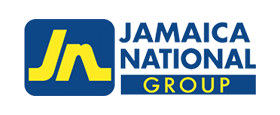
Some Credit Products:
[/vc_headings]
Character
 Personal and business reputation of borrower revealed through a Credit History. This is a series of information about debt and debt payment by a borrower that is used to establish whether someone is likely to be able to pay back money if they ask for more credit. Jamaica now has a credit bureau
Personal and business reputation of borrower revealed through a Credit History. This is a series of information about debt and debt payment by a borrower that is used to establish whether someone is likely to be able to pay back money if they ask for more credit. Jamaica now has a credit bureau
Capacity
 The mean by which the borrower will repay the debt
The mean by which the borrower will repay the debt
Capital
 Refers to how much risk the borrower is willing to take with regard to the loan being sought; how much money is the borrower willing to invest in the business
Refers to how much risk the borrower is willing to take with regard to the loan being sought; how much money is the borrower willing to invest in the business
Collateral
 Refers to any asset of a borrower (for example, a home) that a lender has a right to take ownership of and use to pay the debt if the borrower is unable to make the loan payments as agreed
Refers to any asset of a borrower (for example, a home) that a lender has a right to take ownership of and use to pay the debt if the borrower is unable to make the loan payments as agreed
Conditions
 Refers to the financial conditions that exist at the time of the loan, including the prevailing interest rate, principal amount and general market conditions
Refers to the financial conditions that exist at the time of the loan, including the prevailing interest rate, principal amount and general market conditions


